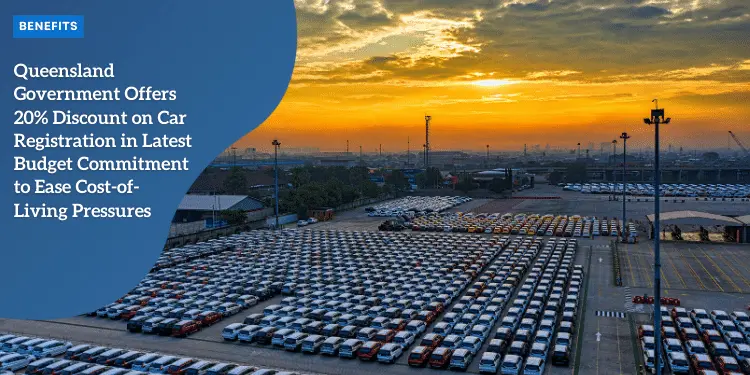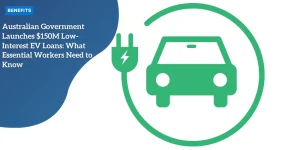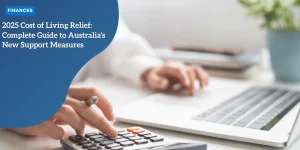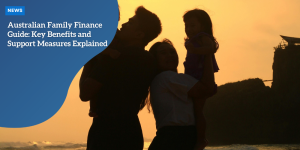Queensland Government Offers 20% Discount on Car Registration in Latest Budget Commitment to Ease Cost-of-Living Pressures

Anúncios
In an effort to alleviate the current cost-of-living pressures faced by Queenslanders, the state government has announced a significant new initiative.
As part of the latest budget commitment, residents will receive a 20% discount on their vehicle registration for a duration of 12 months.
This initiative forms part of a broader strategy designed to provide immediate financial relief to the public.
Unpacking the Discount: Who Benefits and How Much Do They Save?
The announced discount will apply to the registration of all light vehicles, including trailers and motorbikes, throughout Queensland.
Anúncios
Premier Steven Miles has revealed that this policy will lead to savings of up to $127 per motorist.
The discount is set to take effect from September 16 and will last for an entire year.
This move is seen as a direct response to the rising costs impacting households across the state.
A Cost of Living Budget
Premier Steven Miles has emphasized that this latest budget is explicitly focused on addressing the cost of living.
Despite the financial strain, the government is choosing to embrace a $3 billion deficit, arguing that this expenditure is necessary to support those who are struggling.
Anúncios
Just last month, the Premier also announced a trial of 50-cent public transport fares for six months, and a $1,000 power bill rebate available to all households.
Consistently Prioritizing Cost of Living
Premier Steven Miles has consistently stated that addressing the cost of living has been a top priority ever since he assumed office.
He highlighted his initial move to freeze increases in the price of vehicle registration as an indicator of this commitment.
“I’ve said consistently since then that what I’ve heard from Queenslanders is that they want us to focus on their cost of living,” he mentioned recently.
Addressing Short-term Measures
Questions have arisen regarding the temporary nature of these financial relief measures, particularly the 12-month registration discount and the six-month trial of reduced public transport fares.
In response, the Premier referred to the cyclical nature of major financial pressures such as interest rates.
Mr. Miles expressed, “Our hope is for a gradual reduction in interest rates, which would alleviate significant financial strain over time.
“In the meantime, we are doing what we can to both address the cost of living and bring down inflation.”
Financial Cost of the Initiative
The cost to implement the registration discount initiative is estimated at $435 million.
The broader budget, which includes this and other measures, predicts successive deficits over the next two fiscal years.
Specifically, a $3 billion deficit is projected for 2024-25, followed by a deficit of just under $1 billion for the subsequent year.
Rationale Behind the Deficit
Treasurer and Deputy Premier Cameron Dick justified the projected budget deficits, attributing them to increased spending on essential services such as health, housing, and cost-of-living relief.
“If our budget has to go into deficit to keep your household budget in surplus, then that is what we will do,” Dick asserted recently in parliament.
Comparisons with Other States
In addressing concerns about the long-term debt implications of such spending, Treasurer Dick contrasted Queensland’s situation with that of New South Wales and Victoria.
He reassured the public by stating, “we are streets ahead” of those states in terms of fiscal health.
Opposition’s Stance
The opposition, led by David Crisafulli, initially criticized the government’s approach but later clarified that they would honor ongoing budget commitments.
“Anything in the government’s yet-to-be-announced budget would be honored,” Crisafulli stated earlier this week. He subsequently added that his party would support projects that were “fully funded and underway,” emphasizing that “good governments and oppositions honor those commitments.”
Cynicism and Support
Despite some initial skepticism, the opposition ultimately expressed support for the announced measures.
Mudgeeraba MP Ros Bates voiced the opposition’s cautious endorsement from the Gold Coast, remarking, “The cost-of-living pledges should be viewed with cynicism, but the LNP would support the measures.”
Bates also mentioned the larger context of cost-of-living challenges, including rising electricity and water prices, as well as increasing insurance costs attributed to youth crime.
Broader Implications of the Budget Measures
The Queensland Government’s budget initiatives reflect an acute awareness of the financial pressures facing everyday Queenslanders.
By offering tangible relief through vehicle registration discounts and other financial supports, the government aims to ease the burden on households.
These measures are not just financial stopgaps; they are indicative of a broader policy focus on improving the everyday lives of Queensland residents.
The Path Forward: Balancing Immediate Relief with Long-term Strategy
While these measures provide much-needed immediate relief, questions remain about sustainable long-term strategies.
Addressing cost-of-living pressures requires a multifaceted approach that balances immediate financial aid with systemic improvements in economic stability, housing affordability, and essential services provision.
Efforts should be made to ensure that these temporary relief measures transition into long-term strategies for financial resilience and stability.
Enhancing Financial Resilience
Future initiatives could include increased investment in public housing, subsidies for renewable energy to reduce utility costs, and comprehensive plans to tackle inflation.
A long-term perspective that includes such structural reforms will be crucial in building a resilient economy and a society where the cost of living is manageable for all Queenslanders.
Conclusion: A Commitment to Easing Financial Pressure
The Queensland Government’s decision to provide a 20% discount on vehicle registration as part of its upcoming budget is a clear indication of its commitment to easing the financial pressures on its citizens.
By implementing these and other cost-of-living measures, the government aims to offer immediate financial relief to households, despite the fiscal deficits this may entail.
Balancing short-term financial aid with long-term economic stability will be the key challenge moving forward.
As these initiatives unfold, they promise to deliver much-needed relief to Queenslanders, proving that the government is committed to addressing the real and immediate needs of its residents.
In essence, these measures reflect a proactive approach to governance, one that prioritizes the well-being of its citizens above purely fiscal considerations and seeks to provide a more manageable and sustainable cost of living for all Queenslanders.






